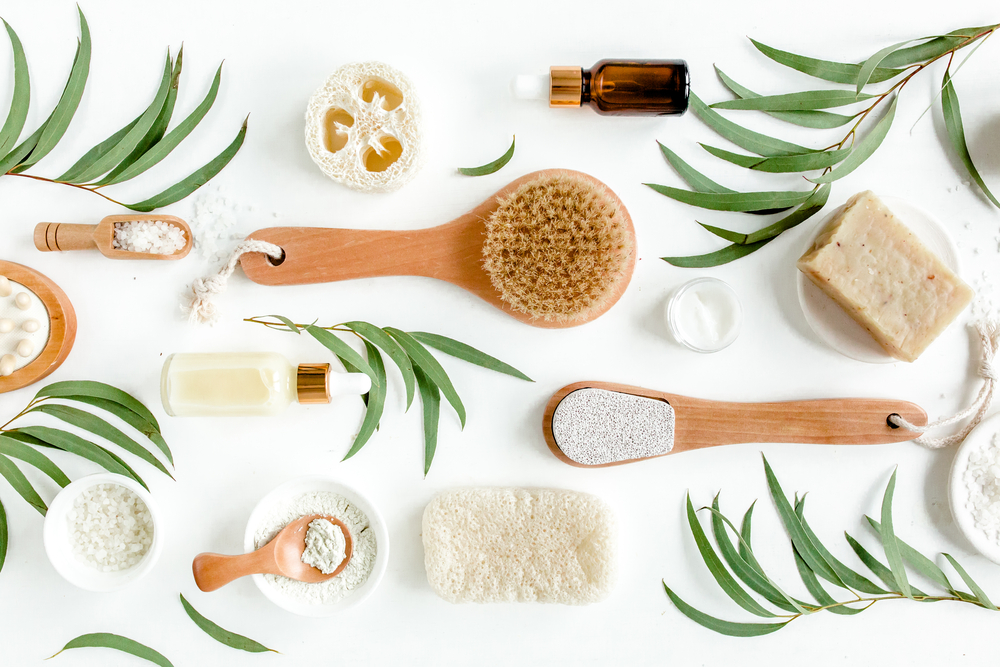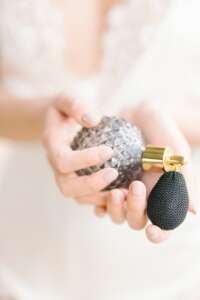Maintaining a clean and healthy environment can be challenging in our modern world. There are hidden toxins in what we eat, what we inhale and what we touch which can impact fertility, the ability to conceive, and pregnancy.
In our daily lives we are exposed to hundreds of hidden toxins which can disrupt hormones and can have a negative impact on male and female fertility. In this article, I will help you identify these hidden toxins and environmental factors that you need to be aware of when trying to conceive. You can also use my Healthy Lifestyle Checklist to boost your fertility and help to maintain a healthy pregnancy.
The Hidden Toxins
Toxins impact both female and male fertility and can also negatively impact foetal development. We are surrounded by hidden toxins in daily life. Quite often we may not even be aware of the toxin exposure as we go about our daily lives. Educate yourself so you can make the best choices during your fertility journey.
Here are some hidden toxins you need to be aware of:
What You Eat & Drink
- Foods that are genetically modified
- Fresh produce that has been sprayed with chemicals and pesticides
- Tinned and canned food can disrupt hormone balance
- High caffeine intake can reduce fertility
- Excessive alcohol consumption can affect hormonal balance
- The utensils and equipment we use to prepare food such as plastic chopping boards and utensils can also affect hormone balance
- What you use to cook food including some pots and pans
- How you store foods after cooking, such as cling wrap or plastic containers
Things you Inhale
- Fragrant candles in bedrooms and living areas
- Perfumes and fragrances
- Room sprays, aerosols and disinfectants
- Cleaning products that include harsh chemicals, bleach or ammonia
- Smoking can affect sperm count, egg quality and increase risk of miscarriage
- Pollution and industrial chemicals
What You Touch & Environmental Factors
- Storing and reheating food in a microwave
- Cosmetics that you apply to your face or body
- Fragrances and perfumes that are applied to your skin
- Deodorants and antiperspirants
- Shampoo, conditioner and soaps
- Personal care and hygiene products containing phthalates
- Wireless technology exposes you to radiation
Endocrine Disrupting Chemicals (EDCs)
EDCs are chemicals that are hidden in many everyday items. For example, EDCs can be found in many types of food packaging such as plastics and tins. EDCs can have a number of negative impacts including:
- Disruption of oestrogen production
- Reduction of sperm concentration
- Cause changes to menstrual cycles
- Impacts on egg quality
- Reduction in number of eggs retrieved during IVF cycles
- Hormone disruption to both males and females
For more information on the role of hormones when trying to conceive, read Hormone Balancing for Fertility. In this article, you will learn more about the hormones that are key to good fertility, conception and pregnancy.
Healthy Lifestyle Checklist to Boost Fertility
This is a healthy lifestyle checklist that helps limit your toxin exposure for overall health and fertility. Make some small changes to your lifestyle to enhance and boost fertility for a positive pregnancy result.
- Choose organic produce when possible.
- Wash non-organic produce thoroughly to remove pesticide residue.
- Incorporate foods high in antioxidants such as berries, coloured vegetables and leafy greens.
- Drink filtered water where possible to avoid contaminants such as heavy metals and chlorine.
- Limit alcohol intake when trying to conceive.
- Moderate high levels of caffeine consumption including coffee, tea and energy drinks.
- Avoid using plastic containers for food storage and opt for BPA-free products. Switch to using glass or steel containers.
- Choose products labelled as “phthalate-free” and “paraben-free” which are found in many perfumes, personal care products and cosmetics.
- Check your personal care products and opt for more natural products.
- Reduce radiation exposure by moving electrical appliances from your bed.
- Switch off your mobile phone while you are sleeping.
- Use natural cleaning products such as vinegar, baking soda and essential oils.
- Ventilate your home by opening windows and doors frequently to reduce indoor air pollution.
- Continue to educate yourself so that you can make informed choices.
Naturopathy for Fertility
If you are embarking on your fertility journey or have been trying to conceive for a while, I encourage you to download Your Complete Guide to Fertility. This is a free eGuide I have created to provide you with practical tips to enhance your fertility.
For more personalised support click here to book an appointment with me. I consult from Brunswick Health and offer face to face appointments and telehealth. I can recommend relevant testing, and provide personalised advice and treatment tailored to your specific needs.
As a naturopath, holistic practitioner and midwife, my area of passion and expertise is to provide advice and treatment to support fertility, conception and pregnancy through natural therapies. Naturopathy also complements and enhances successful outcomes for couples undergoing IVF treatments. Read more about natural therapies in my article, Can a Naturopath Boost Your Fertility.




